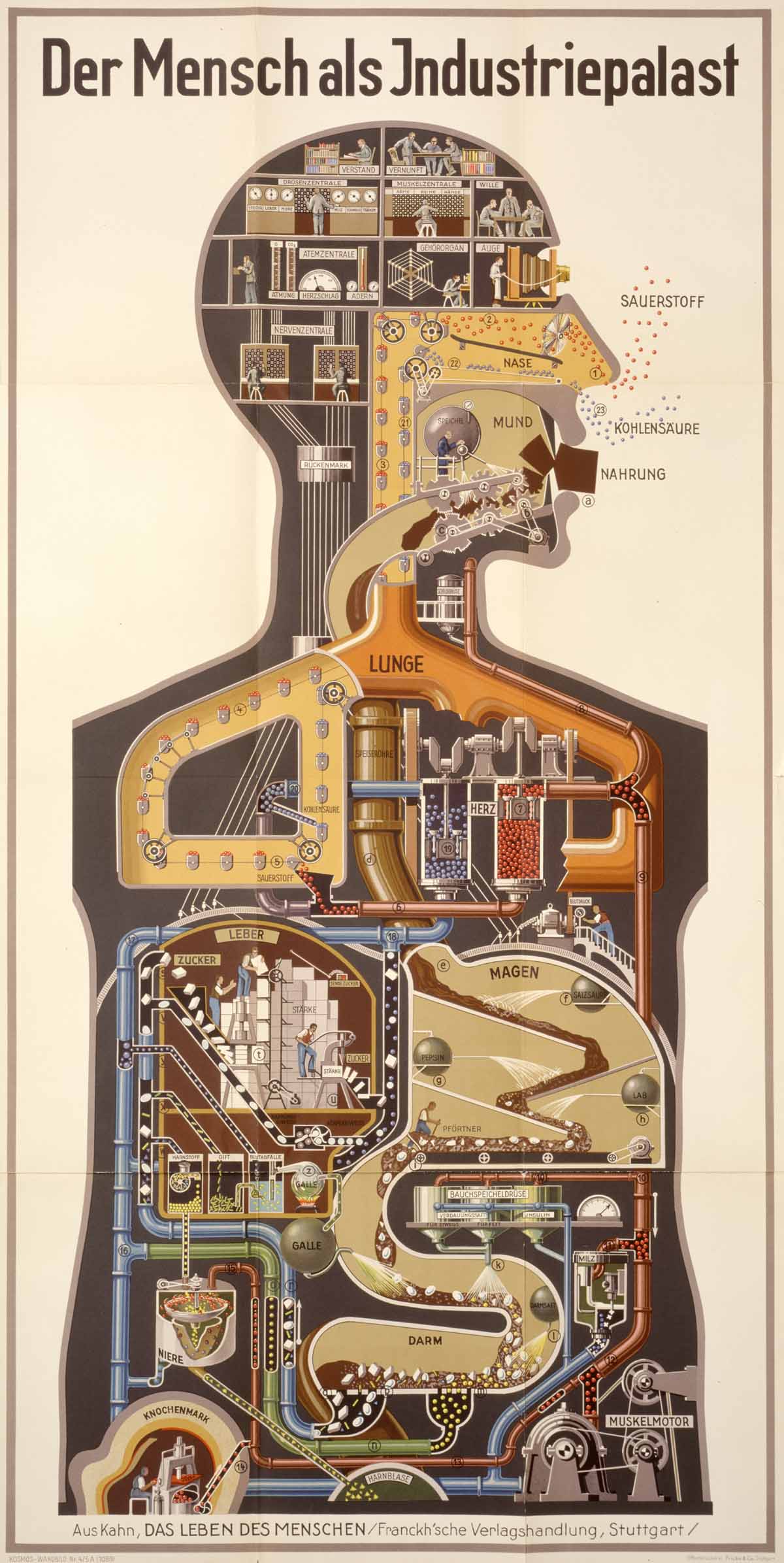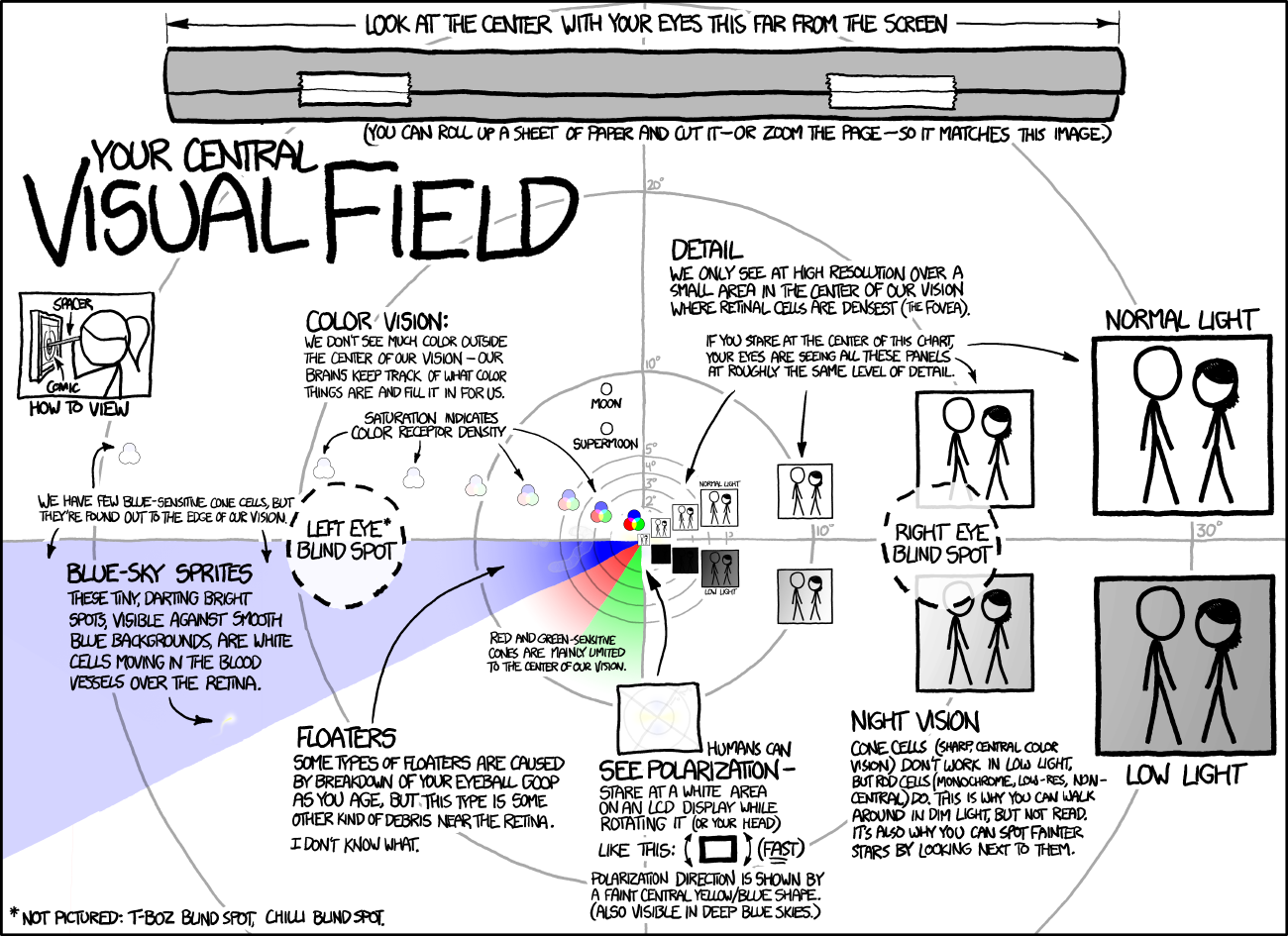
There is something tantalizingly romantic to me about the objectivity of science. There is something about how the structure of a tail of a twirling galaxy, and that of a hurricane hurdling around its eye, is fundamentally the same. One could even say these entropic laws provide the crystal resolution of an inevitable architecture at any, and every scale.
The more I let this sink in to my ever wavering understanding of what it means to exist in an empiric landscape, the more I become haunted by what it means – to be. If you choose survival of genetic material as the final sum, you will find every variable manifested as an organisms behavior will add up to reach that sum.
How would we as humans fall outside this equation? Yet even as fields like neuroscience disprove century old Aristotelian views that mind is separate from body, I still get the sense that most of us hold that our consciousness, our character, our souls are indeed some intangible entity separate from the physical world. But what if they weren’t.

What if we are simply machines programmed by physics and chemistry and biology which churn out outputs like society, which further program us as individuals for the sole output of survival and reproduction. To illustrate the synthesis of external information into the fabric we call consciousness, take one of my favorite subjects, color. From physics we know that what we perceive as a color is the reflected wavelength of visible light hitting an object. From chemistry we know that the pigments that determine what wave lengths are absorbed by the object, do so because the specific length, strength, and angle of molecular bonds. From biology we can see how the reflected light progresses through the incredible optical structures of our eyes. From neuroscience we can explain how these electrical signals are translated through the optical nerve to the occipital lobe in our brain for us to finally perceive the color. We can even take it a step up to psychology. How we respond to certain colors, for instance, the allure of red. Red cheeks and red lips signify reproductive health, which lead to a certain individual with these qualities being considered attractive. Even sociologically, the color red has significant meaning in everything from aboriginal face paint to marketing campaigns, due to its subliminal arousing response. Perhaps this seemed tangental, but I’d like to think of it as a micro example of the linear progression of matter to our sense of being.
Then there are other examples in evolutionary biology. We have internal clocks synchronized to the rotation of the planet which ensure our body restores the energy it requires to function. We fear heights, spiders and enclosed spaces because they threatened our humanoid ancestors. We’ve evolved to enjoy the taste of sweet and fatty things to better recognize the nutrition that will fuel our bodies. We’ve evolved memory in order to recall successful locations of food and shelter. We’ve developed “love” as a mechanism to reproduce and then raise offspring. There are even statistically significant trends of people resembling their romantic partners, because we have an innate attraction to those who are similar to us due their presumably similar genetic material. We develop the ability to empathize with others in order to live in a community. This allows for the specialization of skills which improves the overall chance of survival for the entire community. We devise political and economic systems to navigate those societies. We fight and argue to establish dominance over potential mates, territory, resources (all survival tools). The list goes on. If you begin looking through the lens of an evolutionary biologist, you may find yourself unable to stop.
So maybe we are machines.

Yet with this logic, I have to wonder, why aren’t we perfect. Why aren’t we flawless adaptors to our changing environment? Why are there some behaviors that don’t seem to be at all productive for survival?
My favorite example is unrequited love.
In this mechanism that plagues a majority of the human population at some point in their lives, an individual will sustain intense grief, loss, anger, and depression over an unsuccessful partner (i.e. mate). If we were perfect machines, with a single output for all inputs, this behavior would be completely useless. In this (sometimes drawn out) duration of self indulgent, self induced mourning we could be seeking out other more suitable mates to continue the quest of reproduction.
It was here where I began to synthesize the hypothesis that these evolutionary imperfections are what distinguish us from machines. Sure all the well oiled, linearly advantageous actions could well fit into the “computer-istic” model. But, we’d be omitting data on the unrequited loves, and the occasional drives to surpass the limits of beneficial behaviors. Like how we wage wars that end up killing masses of our fellow species, or how we allow ourselves to follow a leader so far (say in a cult) that we become brain-washed, or how as a nation we will over-consume macronutrients to a point of medical catastrophe.
That is, our defects, our foils, our weakness, our failures to conform to the deterministic direction of survival, are what make us dare I say, fundamentally human.


One response to “Are You Nothing More (Or Less) Than A Soft Machine?”
Formidable poste : pérennise de cette manière